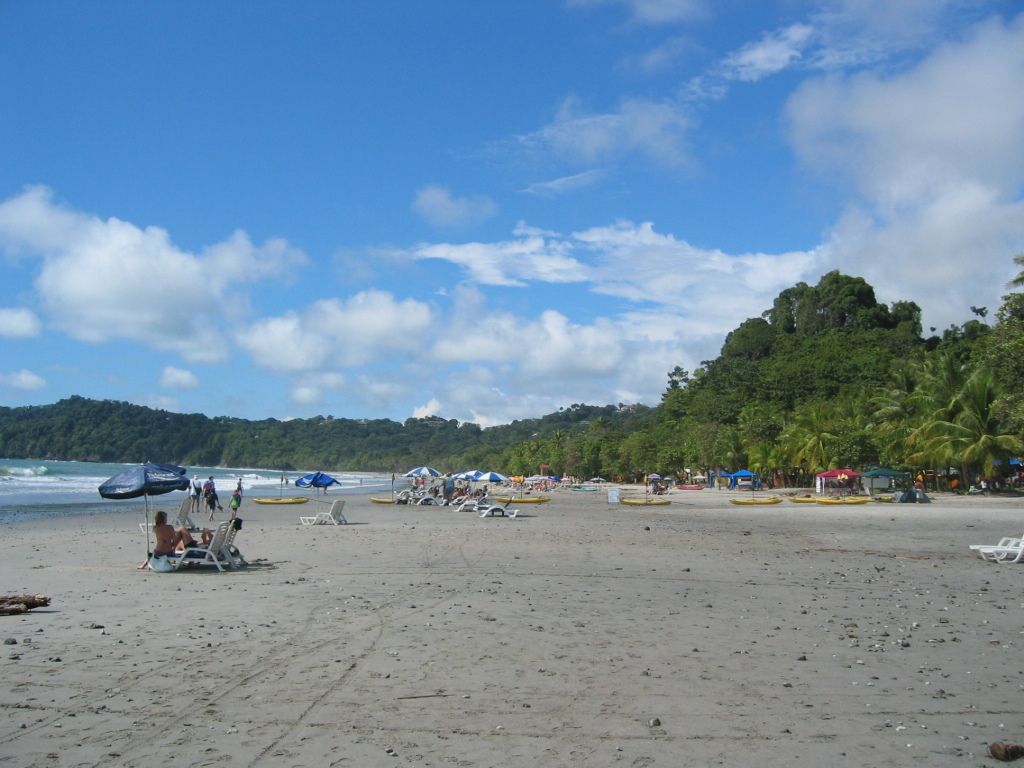A Political Whirlwind in the Netherlands
Netherlands to hold new elections following government collapse
Amidst the Dutch political landscape, a tempestuous upheaval unfolds as the government collapses, driven by disputes concerning asylum policies instigated by the right-wing populist Geert Wilders. Wilders, the leader of the radical-right Party for Freedom (PVV), has declared the withdrawal of his party from the ruling coalition[1][2].
Initially formed following the elections in November 2023, the four-party coalition - which includes the PVV, the right-liberal VVD, the centrist NSC, and the right-wing populist farmers' party BBB - was unstable from the outset. Plagued by doubts regarding the PVV's commitment to upholding the constitution, the recent criticism of the PVV's Minister for Asylum, Marjolein Faber, by the coalition partners NSC and VVD, and accusations of incompetence raised against her[2], the government has teetered on the brink of collapse.
Wilders had relentlessly threatened to dismantle the coalition if his hardline asylum policies were not implemented. Early Tuesday morning, the PVV made good on that threat, pulling out of the coalition and resigning from the government, plunging the nation into a caretaker administration until a snap election on October 29, 2025[1][2].
The political vacuum that the departure of the PVV has created might result in delays or stalemates in certain areas, as the government grapples with contentious issues in the absence of the PVV's presence. Wilders' 10-point plan, containing measures such as stationing the military at the borders, turning away all asylum seekers, and shuttering asylum centers, was a key point of contention that his coalition partners had declined to include in the coalition agreement[2].
Additionally, Wilders has advocated for the deportation of refugees with dual citizenship who have committed crimes, the termination of family reunification for recognized refugees, sending back tens of thousands of Syrian refugees to their homeland, and closing asylum centers[2]. It remains uncertain whether the interim government, led by the non-partisan Minister-President Dick Schoof, can address these demands in the short term before the election.
In the interim, it is essential to consider the impact of this political ruckus on significant international events like the upcoming NATO summit in The Hague, which is due to take place just three weeks from now, and for which the Netherlands is serving as the host nation. The consequences of these events are yet to unfold as the tangled threads of Dutch politics begin to unravel[1].
[1] "Why is the Netherlands Heading for New Elections After the Collapse of the Government?" DW, June 16, 2024. [2] "Collapse of Dutch Government: Geert Wilders' PVV Quits Coalition over Asylum Policy." Deutsche Welle, June 14, 2024.
- The withdrawal of Geert Wilders' Party for Freedom (PVV) from the Dutch government has ignited a flurry of war-and-conflicts discussions, with the focus squarely on migration and policy-and-legislation regarding asylum seekers.2.鈥淚he 10-point plan proposed by Wilders includes drastic measures such as military presence at the borders, refusal of asylum to all seekers, and shuttering asylum centers, highlighting the general-news importance of this issue in the Netherlands.
- As the Dutch political landscape undergoes a tumultuous transformation, car-accidents, crime-and-justice, and fires might encounter delays or stalemates in their resolution due to the lack of a unified government, especially with the contentious immigration policies at play.
- The interim government, led by Minister-President Dick Schoof, will now face pressure to address Wilders' radical immigration demands before the snap election on October 29, 2025, while also managing international affairs, such as the upcoming NATO summit in The Hague.
- As the dust settles and the tangled threads of Dutch politics unravel, many are left questioning how these events will influence crime-and-justice, car-accidents, fires, and other aspects of life in the Netherlands, not to mention international relations and general-news narratives in the months to come.








